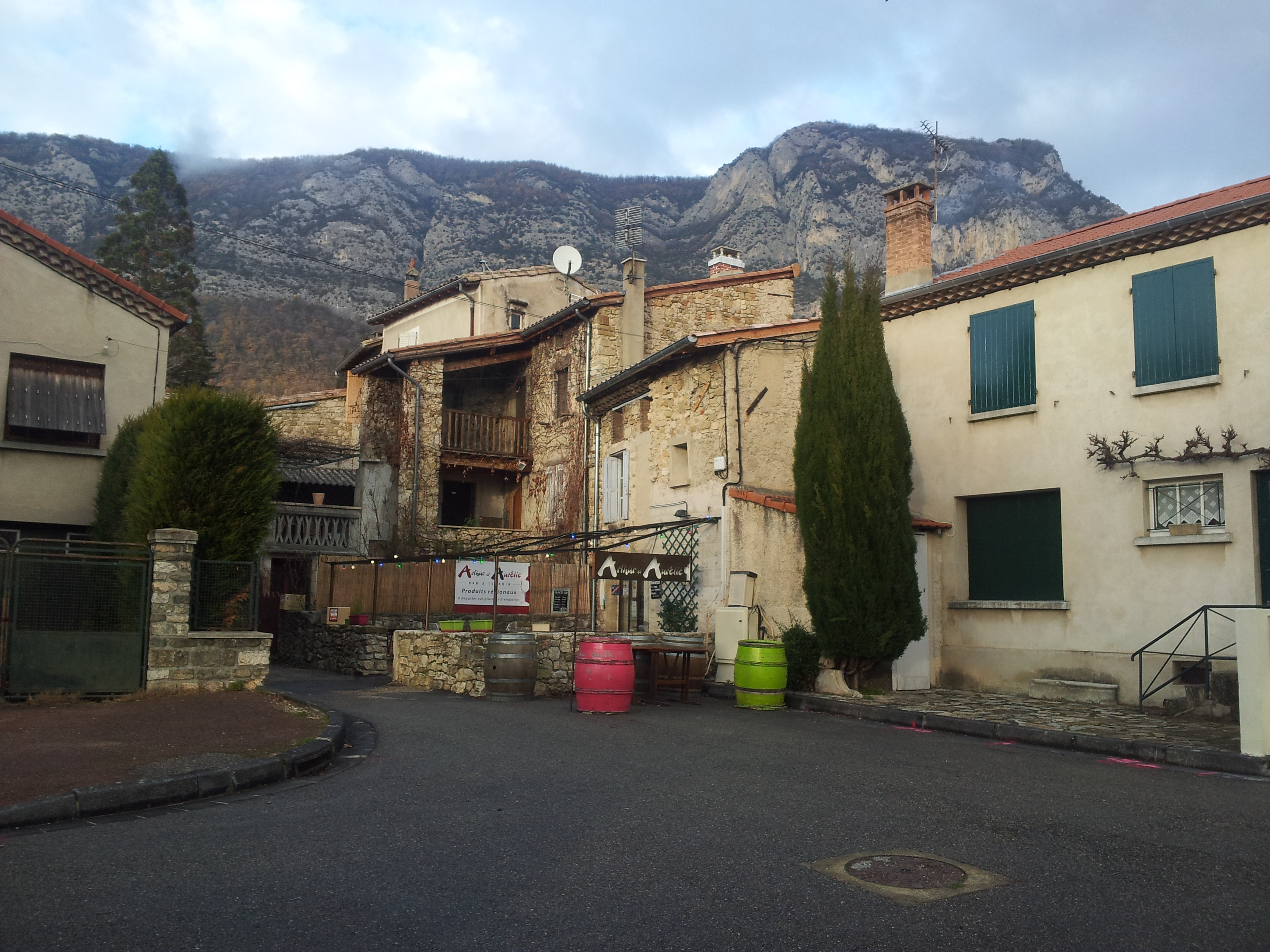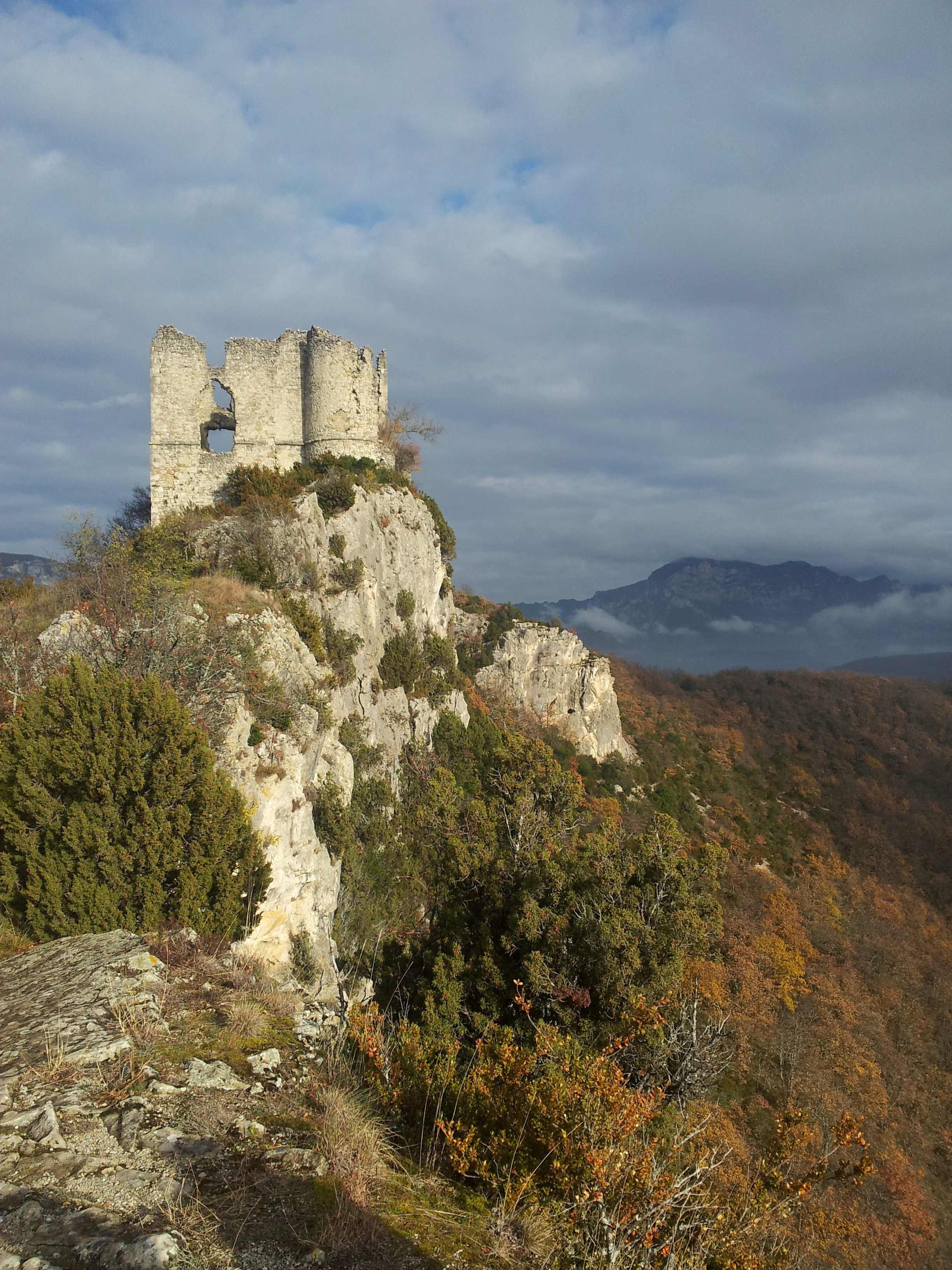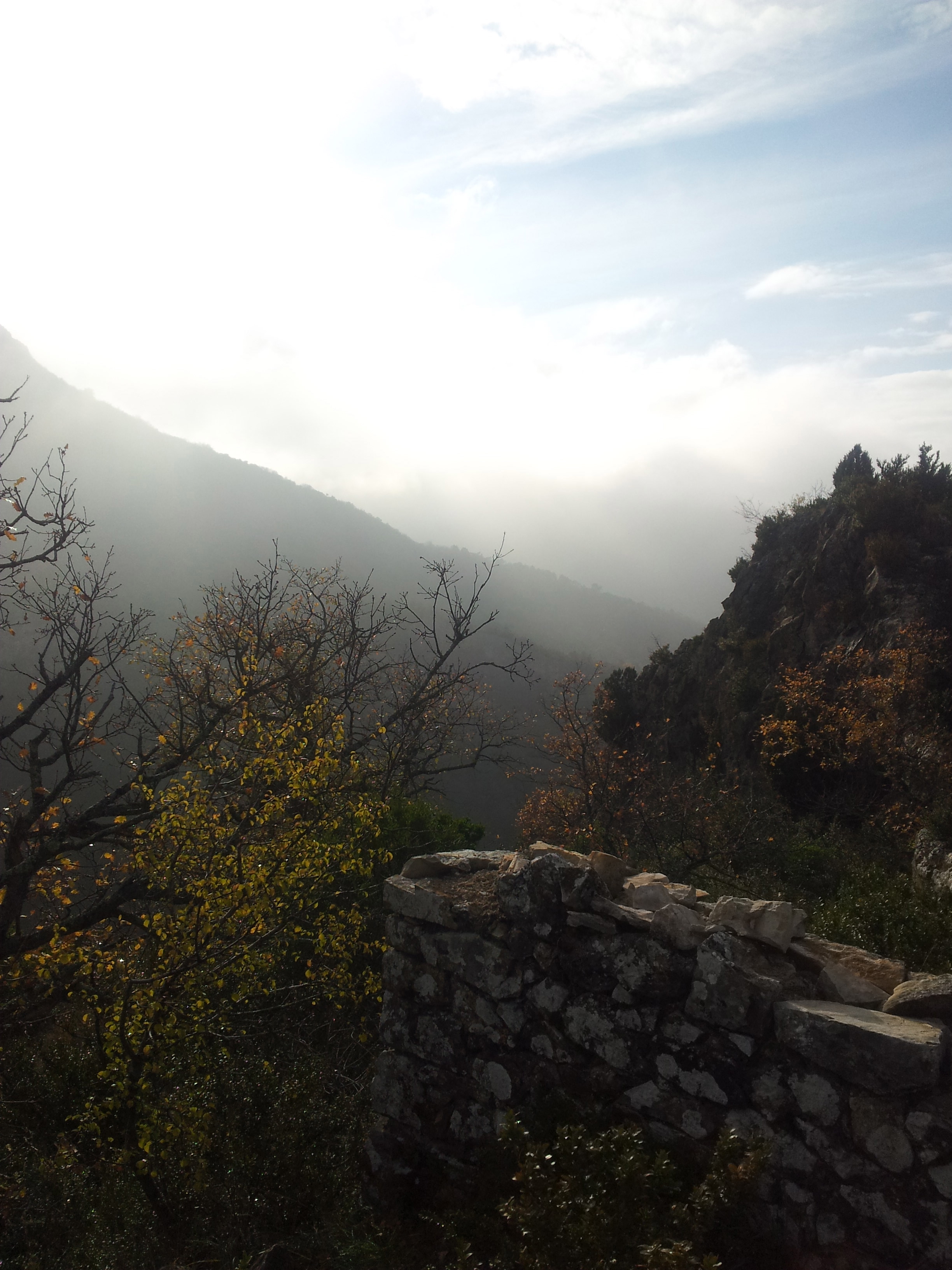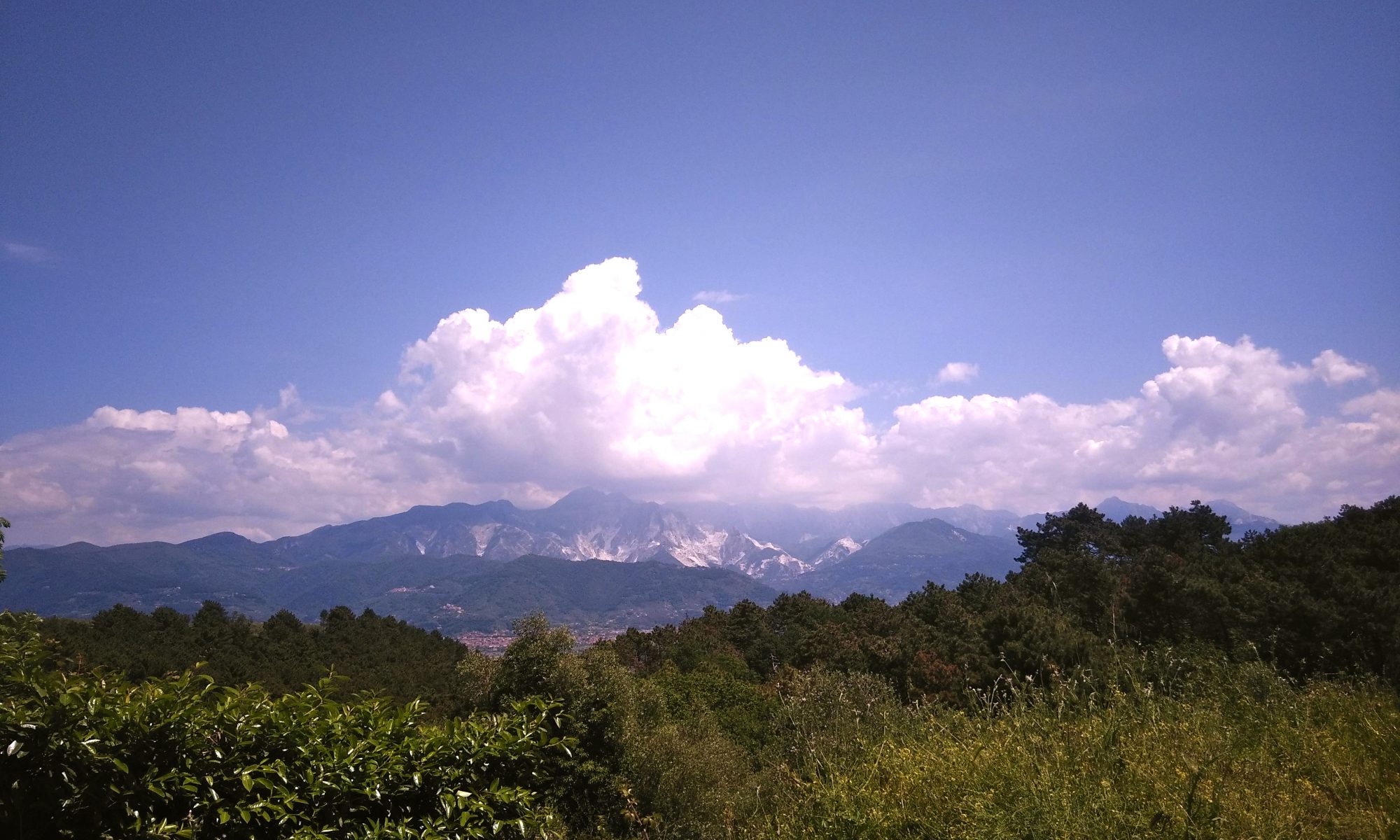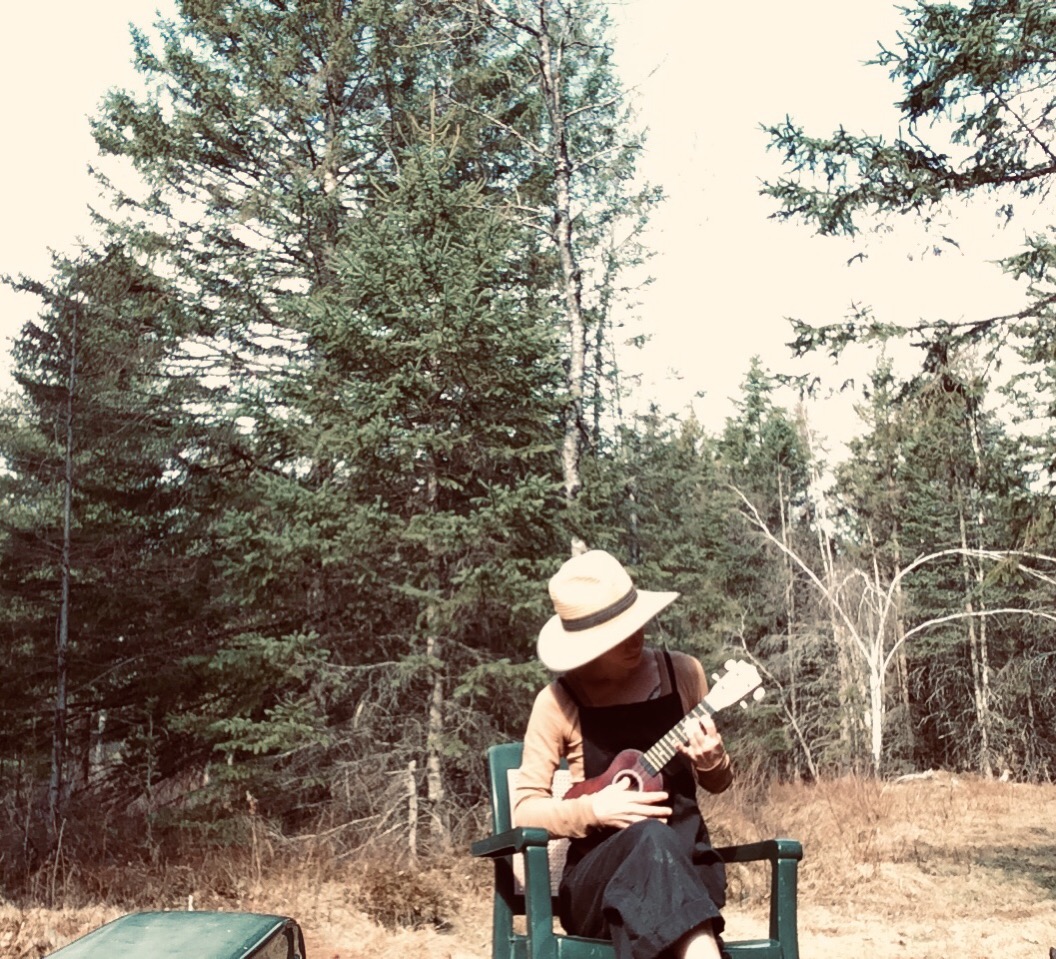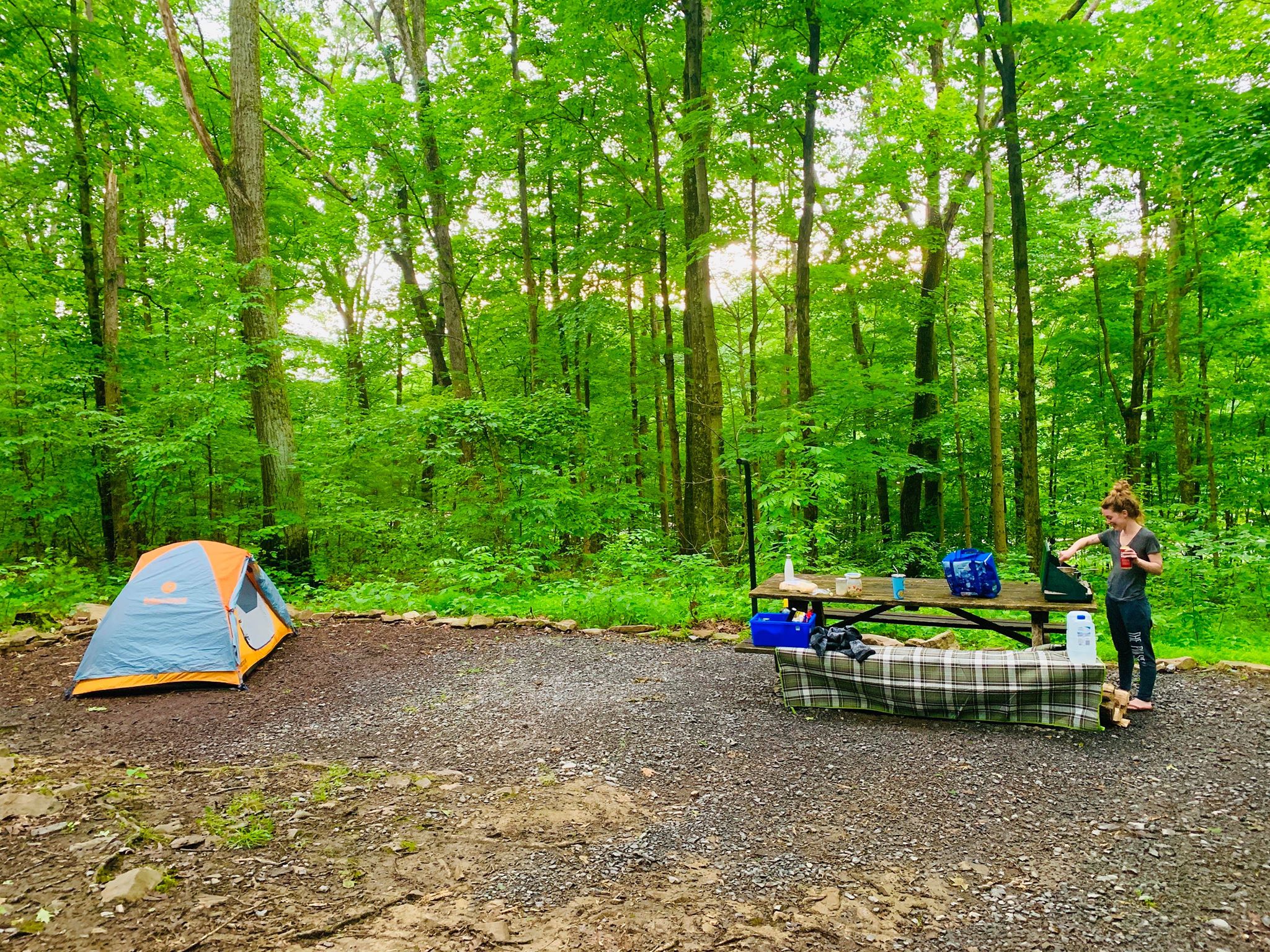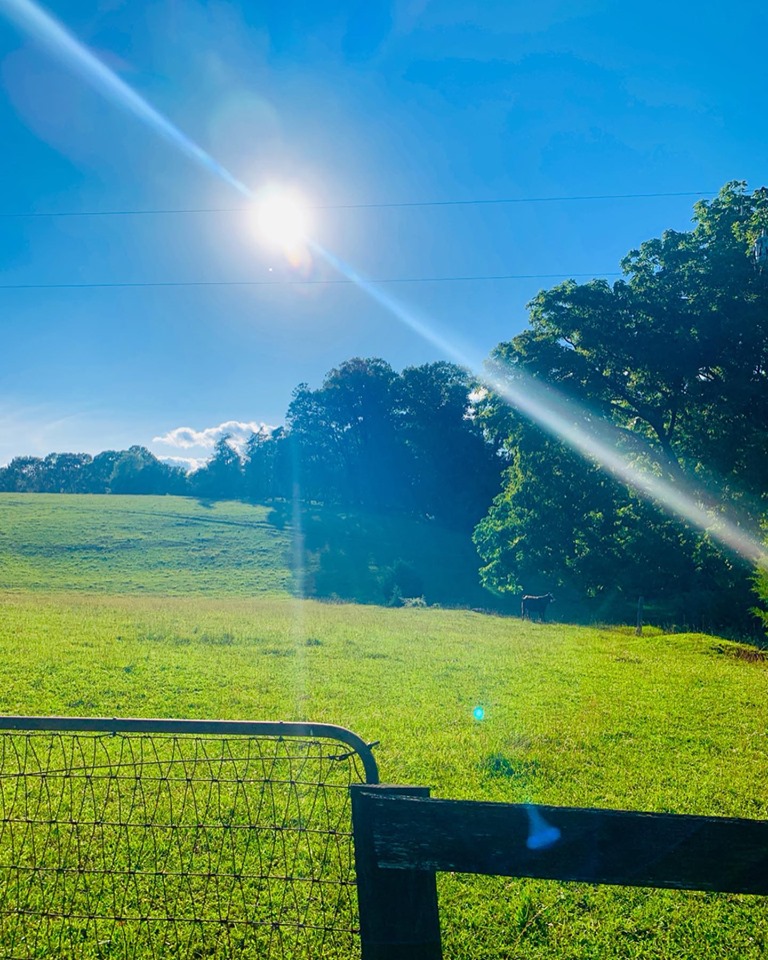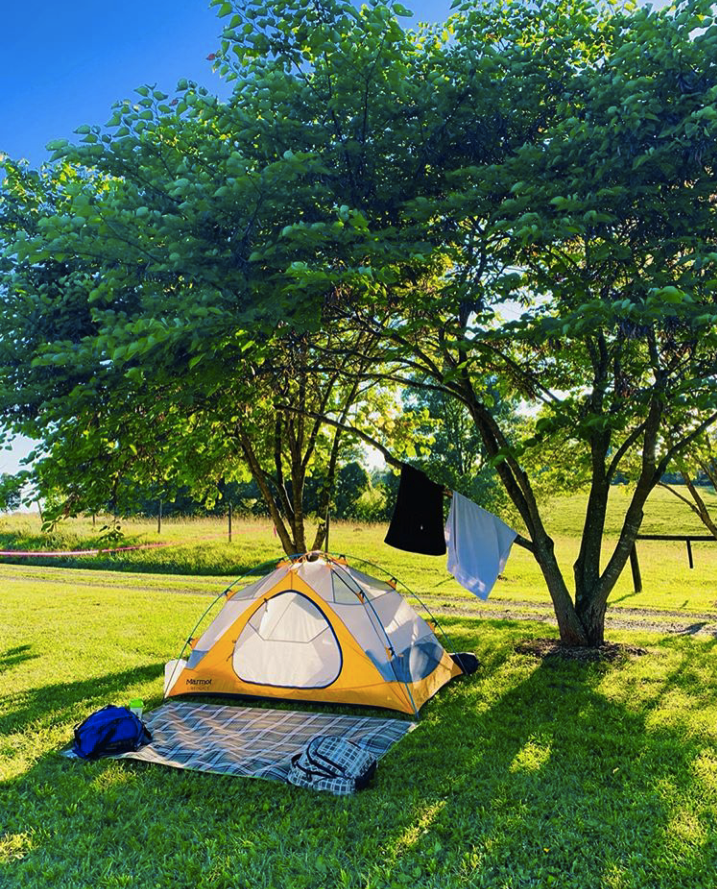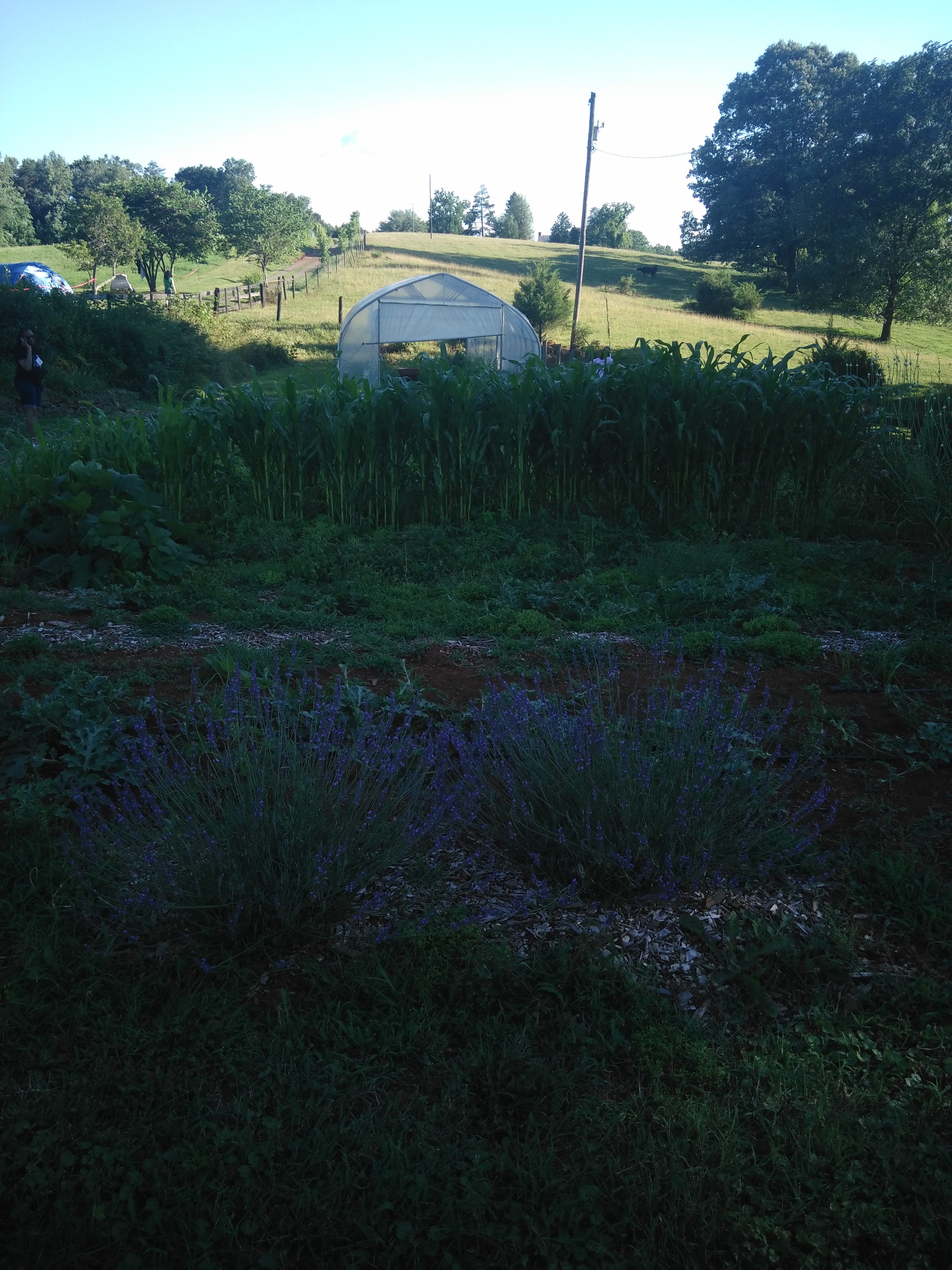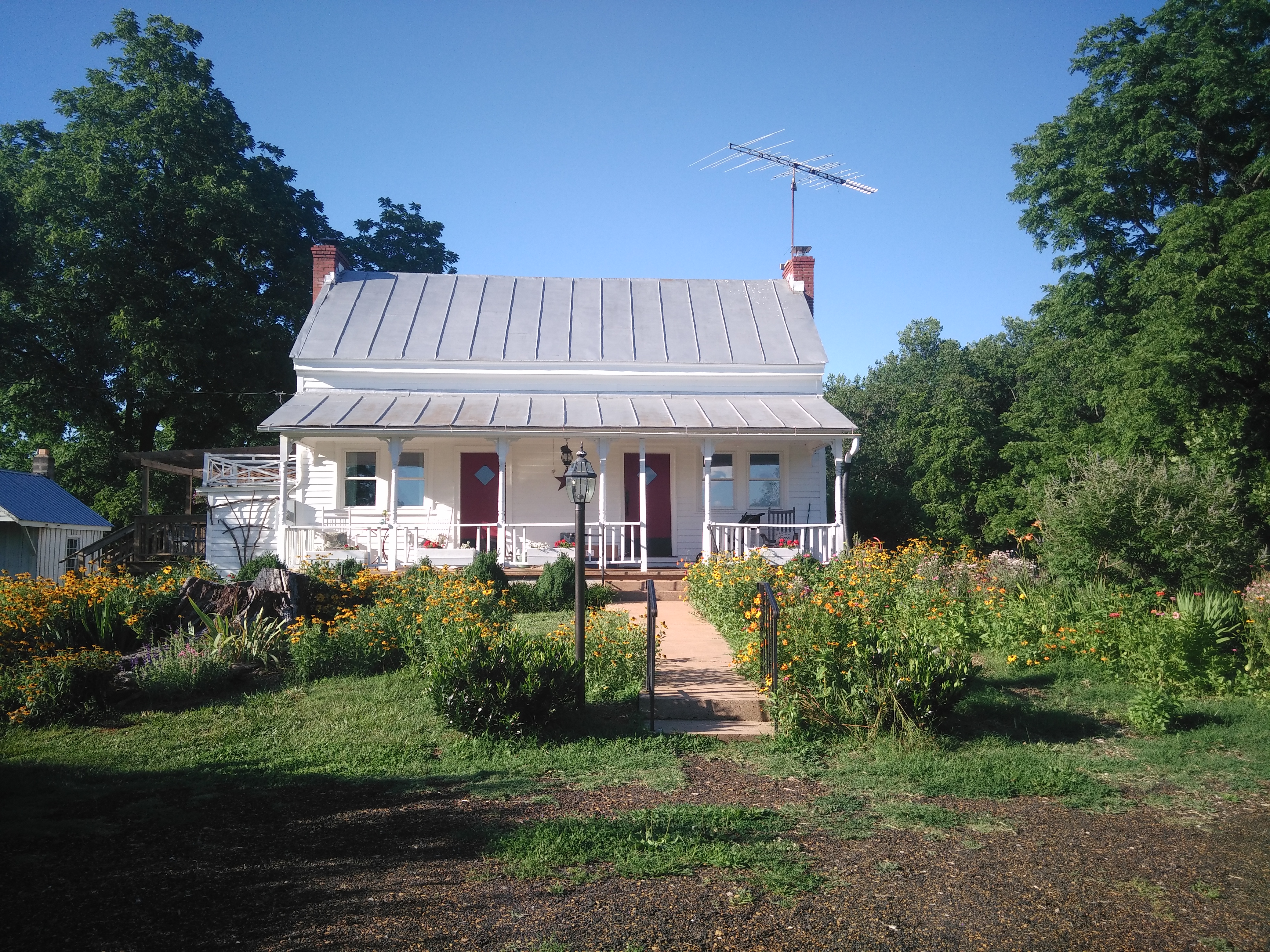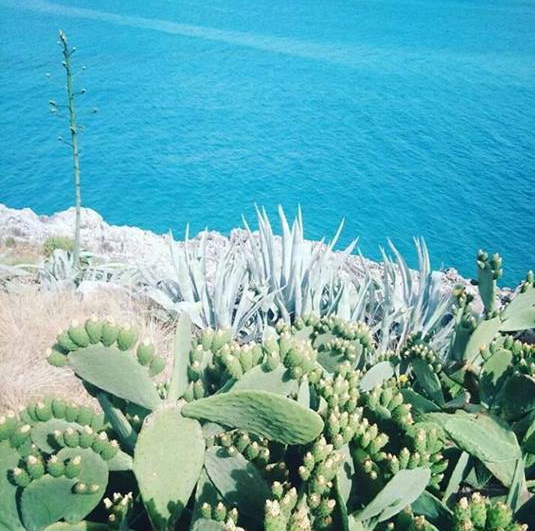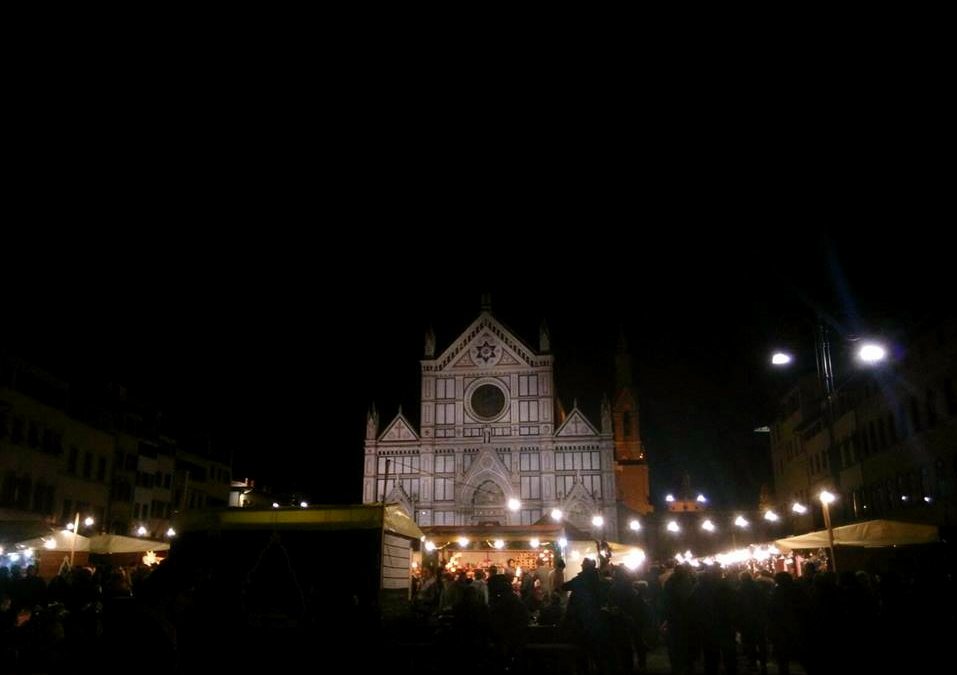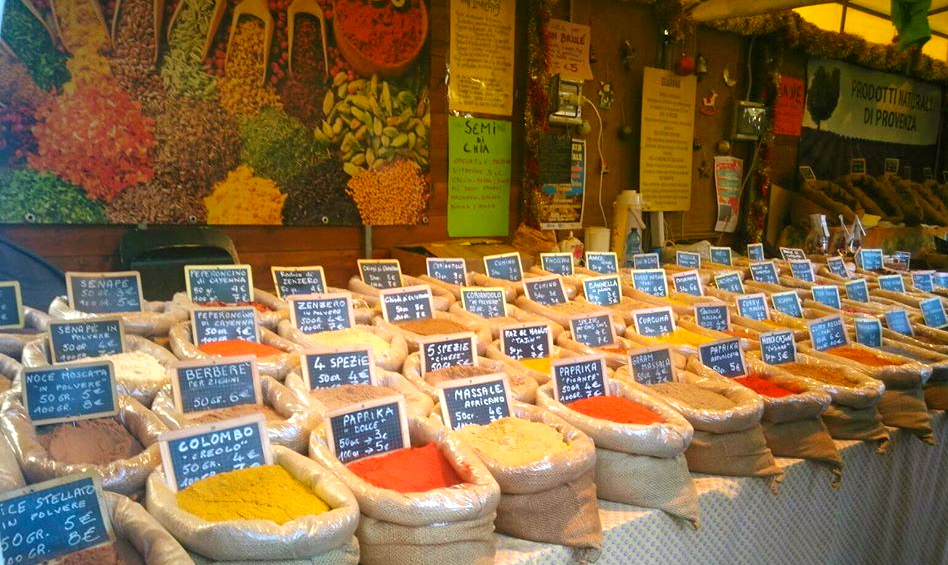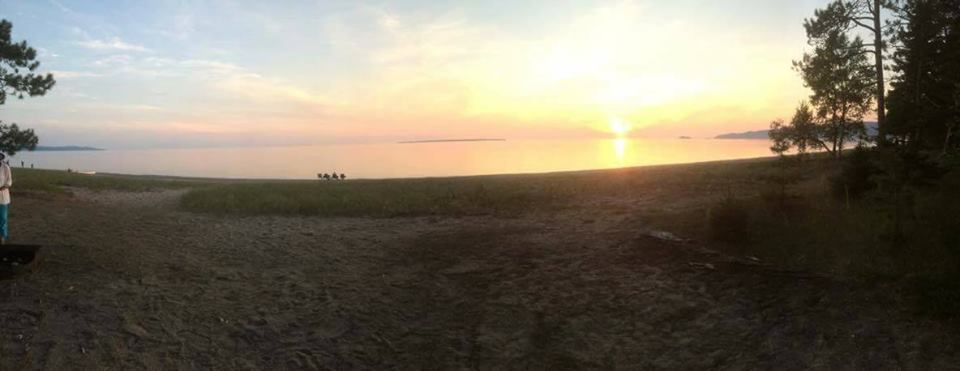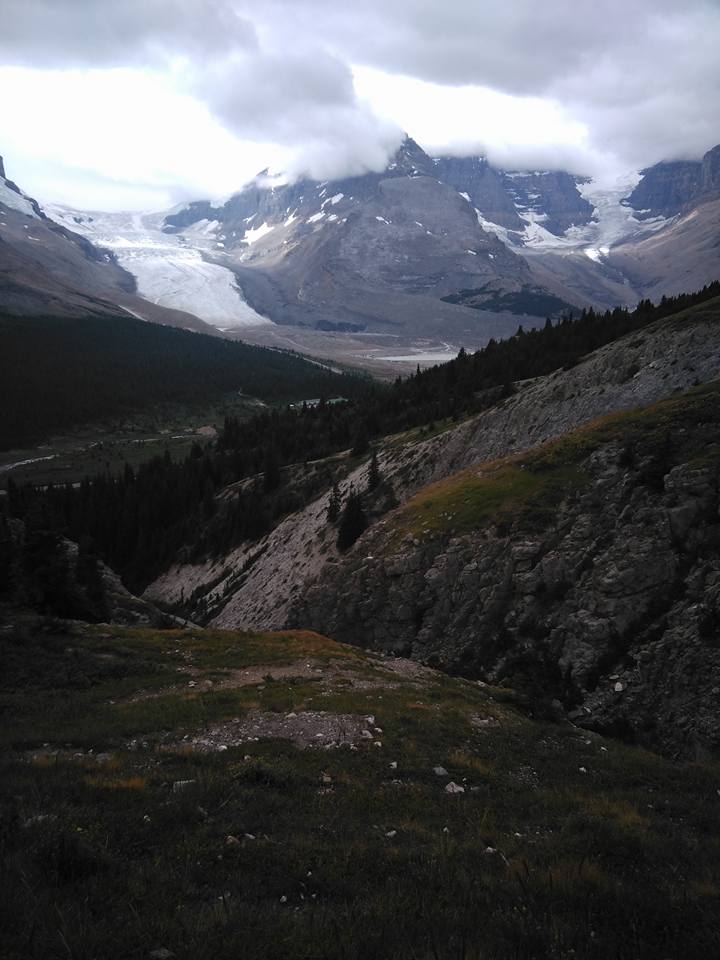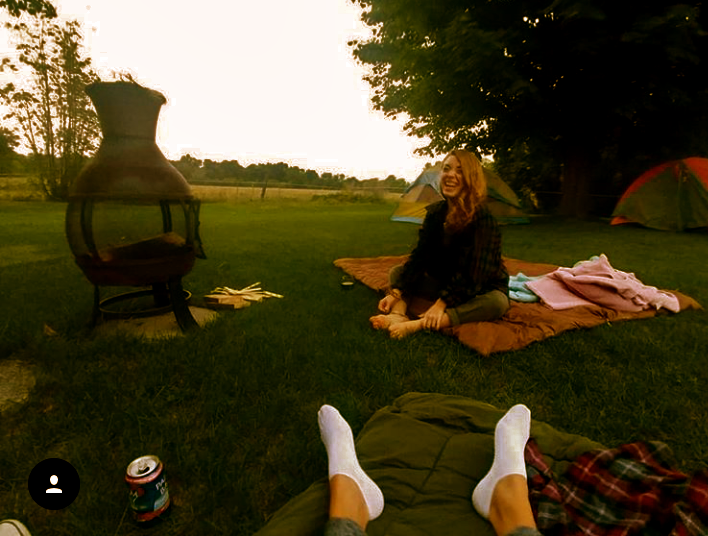In the winter of 2015, I had a friend living in a very small village in the mountains of southeastern France, a short car ride from Valence. Rosie. Craving a familiar face from home, I decided to take the nine-hour train ride from Florence to Turin, from Turin to Lyon, from Lyon to Valence, to visit her. Rolling through northern Italy and then southern France lulled me into a contented daze as countryside whizzed by my window, until our train unexpectedly stopped somewhere between Turin and Lyon.
I strained to understand first the French, then Italian message that crackled over the speakers. We were stopped for perhaps twenty minutes, all travellers craning to see out the windows, or shuffling in their seats impatiently. Another announcement, and suddenly everyone starting murmuring to each other. I looked on, helplessly confused, and tried asking the woman sitting across from me in Italian what was happening (Scusi Signora, che succede?), but she didn’t understand. A young French girl across the aisle from me explained to me in broken English that there was an unidentified piece of luggage, and they had to search the train. This was right in the wake of the terrorist attacks in Europe: Paris, Brussels…I was not afraid, so much, as I had never had to feel this type of fear before. We would be delayed, the girl told me. For how long? I asked, more aware of the time and my next train to Valence than the potential threat. They do not know.
When a man in uniform came striding down the aisle, I stopped him to ask how long we would be delayed, and explained that I had another train to catch. The girl across the aisle translated. You will not make it, he says. You should make another arrangement.
I immediately began to sweat. This was not part of the plan. There was no internet on the train, and I had no way to message Rosie, who would be waiting for me at the station in Valence in just a few hours. I tried calling my host family in Florence, but now that we had crossed the border it cost a fortune, so I hurriedly asked them to look Rosie up on facebook and try sending her a message about the delay. The credit on my phone ran out.
I sat back in my seat, nervously awaiting any news about our departure. A message crackled over the speaker once again, and suddenly everyone was standing up and heading for the now opening doors. We have to go out, said the girl.
I struggled to follow the crowd, dragging my little suitcase behind me, to a different platform, where everyone filed onto a new train. After about another twenty minutes or so, we were underway, but my train in Lyon would already be gone.
When we arrived, I followed a small cluster of people from my train to the information booth, where we were told that those who had missed the train to Valence would be shuttled there in a large van. By this time it was getting late, and we wouldn’t be arriving to Valence until almost midnight. Rosie would be long gone, wondering where I was.
I dozed in the van, where the other passengers were an older French couple who offered me food, and a businessman with a briefcase. When we reached Valence, the station was dark, closed up for the night. Will you be alright? asked the old couple in stilted English. I was too embarrassed to say I had nowhere to go, so I simply said yes, pointing vaguely and saying, I think my friend’s car is over there. Then they were gone, and I was alone. I wandered around the station, the empty parking lot, the sleepy street in front of it, but of course there was no sign of Rosie. I opened and closed my phone, hoping for it to magically work, finally throwing it into my bag, useless.
I laid my suitcase down on the ground, and sat on top of it, my chin in my hands, trying not to panic. Maybe there was a bar, somewhere I could go to keep warm for a few hours. I could ask someone to use a phone, but I didn’t even have Rosie’s number. How stupid of me.
Out of the corner of my eye, I spotted a man near the corner of the parking lot. I saw him see me, and avoided looking in his direction as he made his way over.
Est ce que ça va? Es tu seul? he asked when he was within earshot.
I don’t speak French, I replied.
Are you lost? He asked.
No, I replied. I’m waiting for my friend.
Where is your friend? he asked, looking around confusedly. I explained the situation. But what will you do? he asked, a note of concern in his voice, eyebrows knit.
I will wait, I said.
But what if she doesn’t come?
I don’t know.
You could stay in a hotel, I can show you where there is one, he told me. How much money do you have?
None, I replied. I was so stupid. He hemmed and hawed a moment, before saying, Here is what I will do. I will get a hotel room for you. You cannot stay here alone.
I didn’t like this idea one bit. I tried to think of an excuse, a believable plan that would make him leave me alone. I strained to see as far down the street as I could, once again hoping to see Rosie waiting for me.
I saw headlights. My heart jumped. The man was still speaking, but I was busy tracing these headlights as they drew closer. They turned into the station and the passenger’s door flew open. Allie? Allie? Is that you? I leapt off my suitcase and ran into Rosie’s arms without looking back, her partner Franck stepping out of the driver’s seat. I thought I would cry. She held me tight, her dreadlocks tickling my face as I buried it in her shoulder.
We looked everywhere for you, we were so worried when you didn’t get off the train! We thought maybe you could be at the other station, so we drove there to see, then came back here!
The man came to join us, holding my suitcase. He handed it to me and introduced himself to Rosie and Franck, explaining the situation to them in French. I could see Rosie was not impressed. She thanked him, took my suitcase and we turned to the car and got inside.
Franck quietly drove us up, up, up, into the mountains through winding country roads, as Rosie and I chatted away to one another, catching up. I was exhausted, and so relieved she had found me. We soon pulled off the road and got out. I followed them up some wooden steps to a large stone house, the side door leading to their small piece of it. They opened the door and we entered a large sitting room with a long wooden banquet table, a mattress in the corner, and a woodstove crackling. Welcome! said Rosie, a smile in her eyes.
